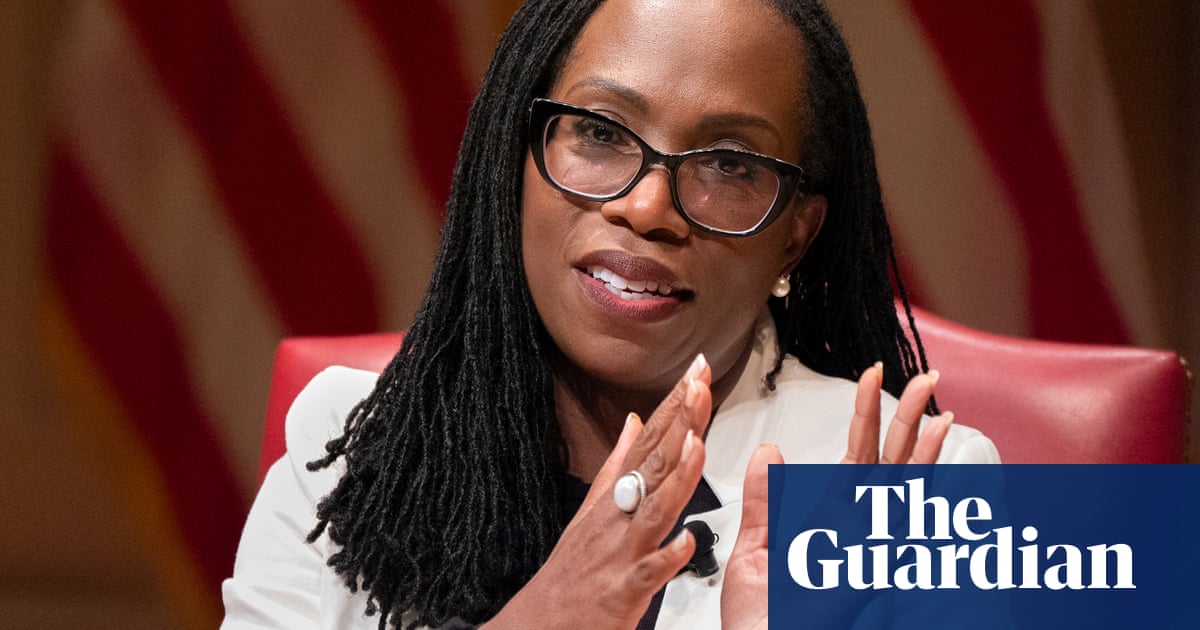The recent speech by Justice Ketanji Brown Jackson at a judicial conference has sparked significant attention due to its implications on the relationship between the judiciary and the executive branch, particularly during Trump’s administration. Jackson’s remarks highlight a growing concern regarding the safety and independence of judges amid escalating rhetoric aimed at undermining their authority.
Purpose of the Article
The article aims to shed light on the tensions between the judiciary and the Trump administration, emphasizing the perceived threats judges face in performing their duties. By addressing the issue of intimidation, the article seeks to rally support for judicial independence and reaffirm the importance of the rule of law in American democracy. This is particularly relevant in the context of ongoing debates about the separation of powers and the functioning of democratic institutions.
Public Perception
The piece is likely to resonate with communities that value judicial integrity and independence, particularly among legal professionals, civil rights advocates, and the general public concerned about the state of democracy. The framing of the judiciary as under attack may evoke a protective response, galvanizing support for judges and their crucial roles in upholding justice.
Information Omission
While the article focuses on Jackson’s condemnation of Trump’s rhetoric, it does not delve into specific instances of judicial decisions that may have drawn criticism from the administration. This omission could lead to a one-sided view that neglects the complexities of specific judicial rulings and their implications.
Manipulation Assessment
The article appears to have a moderate level of manipulative potential. While it presents factual statements regarding Jackson's speech, it also employs emotionally charged language that may amplify fears regarding threats to democracy. This could be seen as a tactic to strengthen the narrative of judicial vulnerability, potentially influencing public sentiment against the previous administration.
Truthfulness of the Content
The article presents a factual account of Jackson’s speech and the broader context of judicial challenges during Trump’s presidency. However, the truthfulness may be affected by the selective emphasis on certain elements over others, particularly regarding the administration's responses to judicial actions.
Narrative Construction
The narrative constructed suggests a dichotomy between the judiciary and the executive, painting a picture of a beleaguered court system facing unprecedented challenges. This aligns with broader themes in contemporary political discourse regarding checks and balances, which may resonate with audiences already concerned about democratic institutions.
Potential Implications
This news piece could have far-reaching implications for public trust in the judiciary and perceptions of judicial independence. If the public perceives judges as being under threat, it may lead to increased advocacy for judicial protections and reforms aimed at safeguarding the integrity of the judiciary.
Community Support
The article is likely to garner support from legal professionals, civil rights organizations, and those aligned with the Democratic Party, who may view Jackson’s comments as a necessary defense of judicial independence against executive overreach.
Economic and Political Market Impact
While the article itself may not have direct implications for stock markets or economic indicators, the underlying themes regarding governance and institutional integrity can influence market sentiment. Companies perceived to be aligned with a politically vulnerable administration may face backlash or increased scrutiny.
Global Power Dynamics
The implications of this article extend to discussions about governance and rule of law on an international scale. The integrity of the American judiciary has global ramifications, particularly in how other nations view democracy and judicial independence.
AI Involvement
It's conceivable that AI tools were used in drafting or editing the article to ensure clarity and coherence. However, the primary narrative and emotional content reflect human editorial choices, particularly in the emphasis on fear and vulnerability regarding judicial integrity.
In conclusion, while the article presents a legitimate concern about the challenges faced by the judiciary, it frames these issues in a manner that seeks to evoke a specific emotional response from the audience. The focus on intimidation and threats may serve to mobilize support for judicial independence, aligning with broader democratic ideals.
